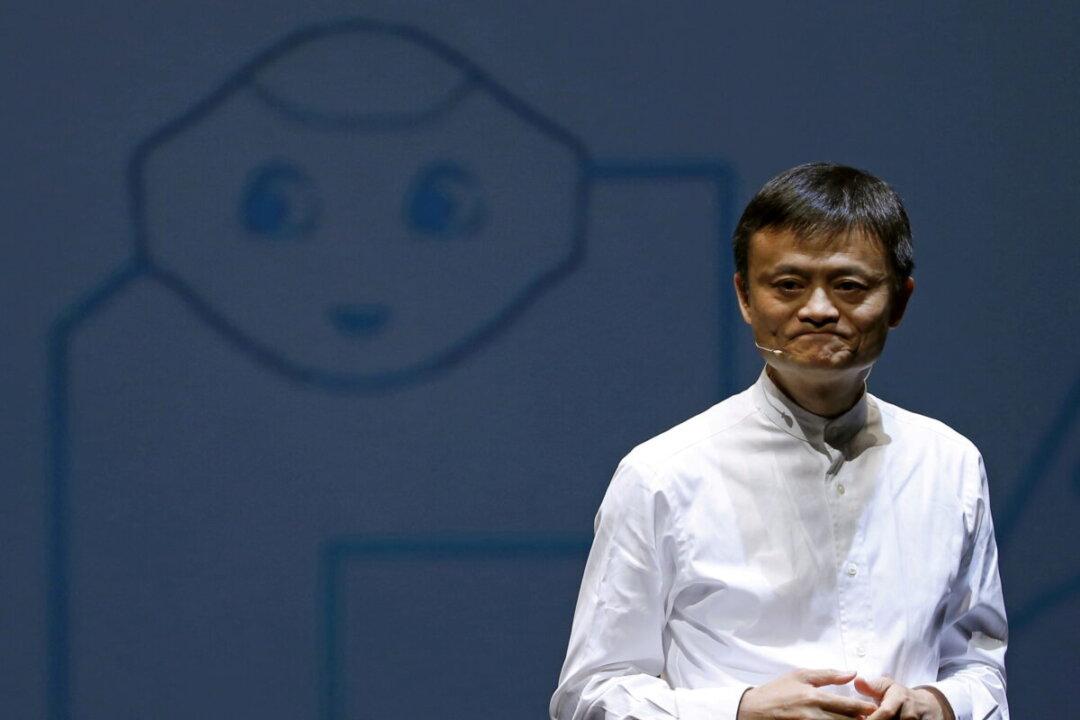Japanese tech investment giant SoftBank Group and Chinese e-commerce giant Alibaba are nearing the end of their long partnership. SoftBank had effectively sold or financed its entire remaining stake in Alibaba, chief financial officer Yoshimitsu Goto told reporters after the group announced its performance on May 11.
As for the portion of Alibaba’s shares that SoftBank still previously held, Goto said the company had financed the shares with cash through financial instruments such as “prepaid forward contracts” and other means. This means that SoftBank has actually sold these shares but has the right to buy them back at a later date.





